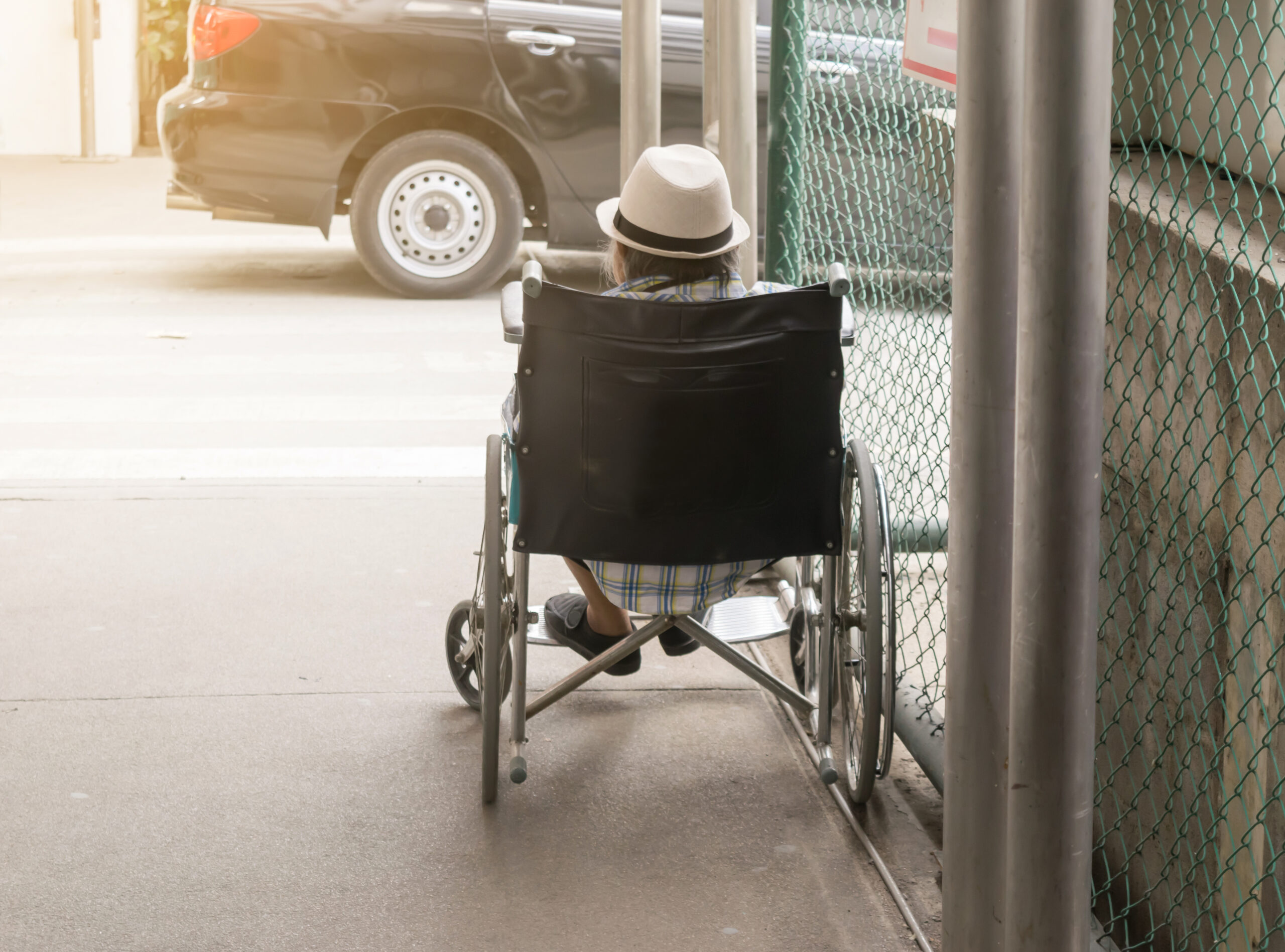Have you ever missed a medical appointment because you were unable to find a ride? For many vulnerable populations across the nation, this is the main barrier to receiving care. This year the theme for National Public Health Week was Public Health is Where You Are (observed April 4-10). But what happens if you can’t find a ride? It’s an appropriate time to call attention to health needs within the most vulnerable populations of our nation, meet them where they are, and consider social determinants of health (SDOH) like transportation.
Vulnerable populations in this case include seniors, children, individuals with a chronic illness or disability, individuals with low income, and certain geographical communities. Many of these people experience unreliable or limited access to transportation, housing instability, lack of access to primary care services, limited economic resources, high rates of uninsured, and social and cultural differences such as linguistic barriers.
Each year, around 3.6 million people nationwide don’t obtain medical care due to lack of transportation. According to the Transportation Cooperative Research Program, the transportation barrier results in delayed or missed appointments, disruption in treatments for chronic illnesses, and increased chance for poor health outcomes. A study including 183 caregivers in Houston found that not having a ride lead to at least one missed children’s appointment for 25% of the caregivers. Similarly, a study of individuals with epilepsy revealed that if transportation were removed as a barrier to their care 45% would miss fewer doses of their medication.
There’s documentation that non-emergency medical transportation correlates with more favorable patient health outcomes including an increase in primary care usage and generic drug utilization. With Roundtrip, a booking software that helps organizations remove transportation as a barrier to care for patients, staff members can quickly order any vehicle type based on the patient need (rideshare (Lyft/Uber), wheelchair, even ambulance) so that all non-emergency transports can be centralized, tracked, managed, and recorded all in one place for the entire organization.
Having access to transportation through Roundtrip can improve patients’ quality of life, noticed by implementation of the technology solution at AtlantiCare. The AtlantiCare team uses Roundtrip to coordinate transportation to and from any AtlantiCare facility in Atlantic City or specialists located within 25 miles of the city, resulting in a 6% increase in patient appointment adherence, and 84% of surveyed patients said Roundtrip improved their quality of life.
“We know that for many Atlantic City residents, transportation is a significant barrier to care. Our Roundtrip program is one way we address that need.” – Sandy Festa, LCSW, Executive Director, AtlantiCare HealthPlex
Similarly, Sidney Kimmel Cancer Center – Jefferson Health (SKCC) recognized that vulnerable health communities in Philadelphia had a more difficult time accessing transportation, specifically patients traveling far distances for treatments with repeat visits. Today, Roundtrip is the centralized ride-ordering platform within SKCC, providing greater efficiency and cost-effectiveness at their Center City and South Philadelphia locations and improving continuity of care for their most vulnerable populations. Becky Cammy, Social Work Supervisor at SKCC, describes how the implementation of Roundtrip reduced no-show rates in radiation oncology and provided patients with transportation autonomy that usually requires a caregiver.
To meet the most vulnerable populations where they are, SDOH including transportation needs to be considered to reach better health outcomes. While some physicians feel they don’t have the resources to address SDOH, almost all want solutions. Roundtrip is ready to help hospitals, clinics and community-based organizations solve their medical transportation challenges and get vulnerable and underserved populations to the care that they deserve.
